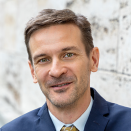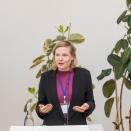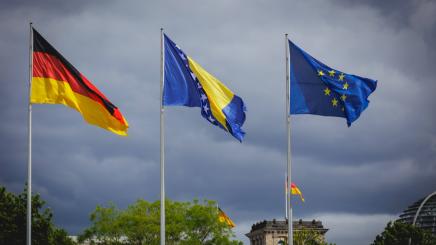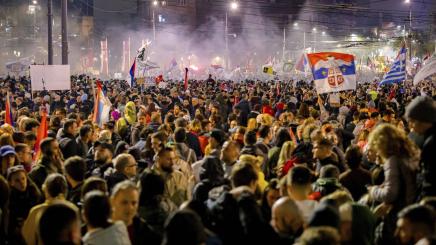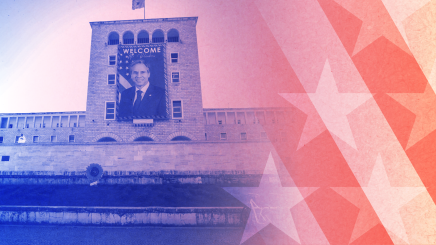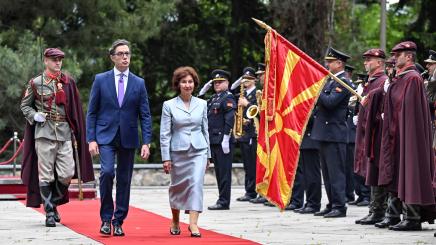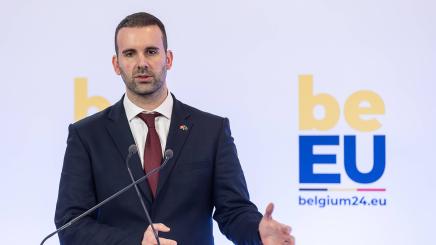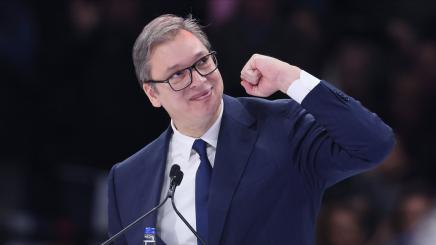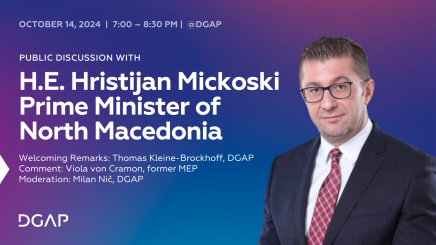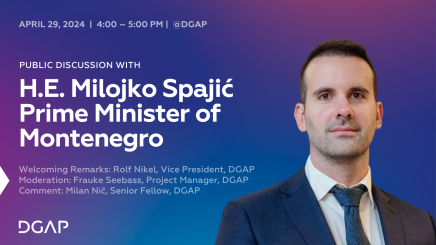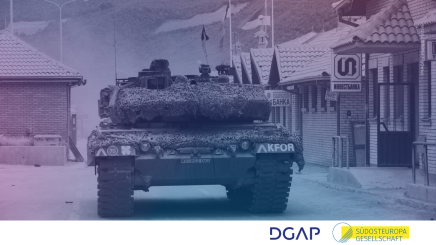Since Russia’s large-scale invasion of Ukraine, Europe’s center of gravity is shifting to the east. Also, after a decade of disengagement, EU enlargement is back on the strategic agenda. However, most of this new momentum has been focused on Ukraine and Moldova, while most candidate states in the Western Balkans have yet to seize the new opportunities. Without a sense of urgency, Western Balkan governments will find themselves further marginalized within a Europe that is being thoroughly transformed by Russia’s war in Ukraine. Yet, at the same time, many of these states remain fragile thanks to unresolved ethnic or border issues and weak rule of law. They are thus prone to internal and regional instability.
The “Balkan Hub” was launched in September 2023 with two central objectives. On the one hand, the project will build networks among experts in Berlin and throughout Germany and the EU, as well as with think tanks in the Western Balkans. On the other hand, it will provide independent and differentiated policy advice to key actors in Germany – Federal Foreign Office, Federal Chancellery, Federal Ministry for Economic Cooperation and Development, members of the German Bundestag – about the Western Balkan countries and the EU accession process. It thus aims to raise awareness for the geopolitical relevance and vulnerabilities of the region and creates a platform for a strategic dialogue with key EU member states and stakeholders in the Western Balkans. At DGAP, the project is embedded in the Center for Order and Governance in Eastern Europe, Russia, and Central Asia, which addresses broader elements related to the future of German and European foreign policy in these regions – and where it is linked with developments around the Eastern enlargement with Ukraine and Moldova.
Projects similar to DGAP’s “Balkan Hub” are funded at the Clingendael Institute in The Hague, the Jacques Delors Institute in Paris, and Carnegie Europe in Brussels. These hubs engage in regular communication, joint research trips, and publications. The close exchange among decision-makers from various EU member states contributes to a more coherent and better coordinated EU policy toward the Western Balkans. The hubs also provide impetus for related debates on the future of the EU and internal reforms as well as the question of European security, especially in the face of increasingly volatile transatlantic relations.
The Balkan Hub project is funded by Open Society Foundations.

